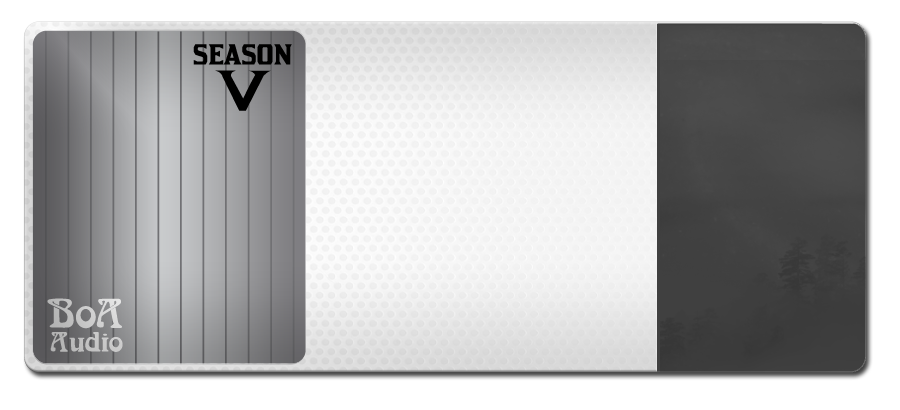
Pulling things back around, we get the bio / background on Paul Stonehill, how he became interested in the UFO phenomenon, and how he ended up leaving the USSR to come to America. He reflects on the early information he found on UFOs and how it was more "pure" before the fall of the Soviet Union. We then discuss perhaps the most famous Soviet UFO event ever: the Tunguska Incident and Paul shares his insight into what he thinks happened in 1908, based on his research into the infamous event. Paul explains why he thinks there were two objects involved in the Tunguska incident, the legends surrounding the area, and the potential after effects of the event. He then details the evolution of scientific interest in the Tunguska event by Russian researchers.
Our conversation then turns towards a major phenomenon that Paul has researched: Russian USO cases. He talks about the Soviet Navy's study on USOs, how it was conducted, and how it mysteriously ended. He also talks about one famous Soviet UFO researcher who was protected by the Russian Navy and even tasked with researching the USOs. He also shares the story of a chilling form of USOs called "croakers" which were pestering Russian submarines. Paul also refutes the story from last year which claimed that Russia was declassifying its UFO files and explains why it is highly unlikely that Russia will release its information.
We then cover the mysterious Lake Baikal which local legend claimed housed a castle at the bottom of it and was home to the "Ruler of the Universe." Paul talks about an early 1980's military expedition to Lake Baikal after humanoid creatures were seen operating beneath the surface. Paul also shares the story of a UFOs monitoring a lake in Russia, a weapons test site, and almost launching Soviet nuclear weapons in 1982. Paul shares a story of an attempted Russian shootdown of a UFO and the response from those higher in the military chain of command.
Paul talks about one of the key moments in Soviet Ufological history: the 1967 creation of a short-lived officially sanctioned civilian UFO group that worked with parts of the military and called for people who had UFO sightings. He explains what precipitated this group's creation as well as the intelligence reasons for wanting a UFO group. He also introduces an interesting irony surrounding secret Soviet craft and UFOs. He also details how the next wave of official government UFO research began, 11 years later, in 1978 with the Siekta programs. He talks about the event that necessitated the creation of the Sietka program and why it suggests something deeper at work beyond covering up secret projects.
The conversation then turns towards the cosmonauts and what they say that they have seen from space. Paul notes, Pavel Popovic, one of the most important Soviet cosmonauts to help Ufology in the USSR and some of his testimony about UFO sightings and information. Paul shares some of the information that cosmonauts have revealed such as sightings of undersea bases and strange UFO and USO-type phenomenon. He talks about some stunning testimony of cosmonauts who said that they had "angels" appear aboard the space station and the recurring "whispers in space" that have been heard by cosmonauts. This leads to some discussion on Popovic's search for Roswell files in the Soviet Union, the cryptic response he got and Paul's take on where those files were probably sent.
Looking at another major UFO case in the USSR, we talk about the Voronezh case from 1989. He explains why the Voronezh Case seemed to burst on the scene, why the year 1989 is important in Soviet Ufological history, and how the area around Voronezh has a rich history of UFO sightings. He also notes how the case has additional veracity because of the culture of Russia in 1989. He also talks about a very intriguing case of a recovered object in 1986 that Mikhail Gorbachev wanted to go and see and had to re-arrange his travels plans to do so.
Revisiting the history of Soviet Ufology, we find out what has been going on in Russia since 1990, when the Sietka programs shut down, and how Russian Ufology is shaping up today. This leads to some discussion on Chinese Ufology and Paul details what he has learned about the scene in that country. He speculates on what the Chinese government's attitude about sharing UFO information might be and how there does seem to be some cooperation between China and Russia on space programs. He also reflects on times when America and Russia grew closer during the Cold War and then tensions grew between the nations once again. Ultimately, he speculates on the nature of a global "working group" amongst all nations with UFO information.
Heading towards the close, we look at Soviet Ufology as a mirror to American UFO studies, we find out if the USSR also had a spate of abductions and experienced the abduction phenomenon. Similarly, Paul talks about how the USSR actually had translated versions of books by American debunkers brought to the country to dissuade people from being interested in UFOs. Finally, we find out what the general attitude in the public and media is with regards to UFOs in the Russia. Wrapping up our conversation, we find out what's next for Paul Stonehill and where people can get his books.
Paul Stonehill was born in Kiev, USSR, in 1959 and emigrated to the U.S. in 1972. In his youth, Paul helped smuggle people out from behind the iron curtain, aided dissidents, and smuggled banned literature into the USSR. He graduated from California State University with a BA in Political Science and wrote a thesis on the Soviet invasion of Afghanistan. Paul has worked as journalist covering warfare as well as freelancing on stories about UFO and Anomalous Phenomena. In October of 1993, OMNI Magazine featured a story about Paul's work, and the Russian Ufology Research Center, which he created back in 1991. After the fall of Communism, his articles were published throughout Russia and the Ukraine. Since 1989, Paul has consulted for American television and motion picture production companies, as well as corporate entities. His areas of expertise are: Russian history; Soviet covert operations; corporate security issues for expatriate workers; warfare in the former USSR; cross-cultural training; anomalous phenomena in the Eastern Europe, Russia, Central Asia, and China. His website is healingsofatlantis.com

